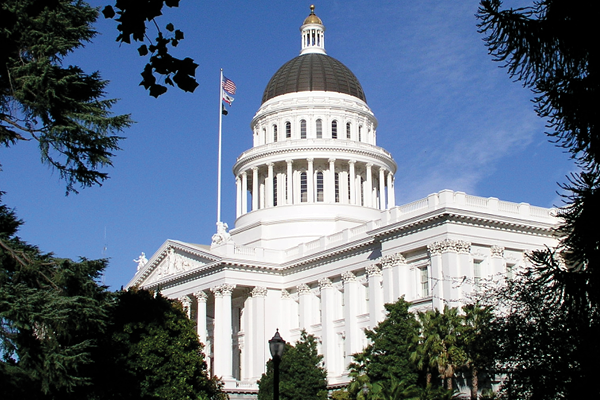 With less than a month to go before the paid sick leave law passed last year takes effect on July 1, urgency legislation is pending in the Legislature to adjust how the law is implemented.
With less than a month to go before the paid sick leave law passed last year takes effect on July 1, urgency legislation is pending in the Legislature to adjust how the law is implemented.
AB 304 (Gonzalez; D-San Diego), if passed and signed into law, will make the following changes in the paid sick leave law, according to a preliminary markup of proposed amendments. The bill provisions outlined below may change before the final version of AB 304 is signed into law.
Proposed Changes
• Require that the employee work for the same employer for 30 or more days within the previous 12 months in order to qualify for accrued sick leave. As enacted, the paid sick leave law provides that an employee who, on or after July 1, 2015, works in California for 30 or more days within a year from beginning employment is entitled to paid sick days.
• Exclude a retired annuitant of a public entity from being subject to the paid sick leave law.
• Authorize an employer to provide for employee sick leave accrual on a basis other than one hour for each 30 hours worked, provided that the accrual is on a regular basis and the employee will have 24 hours of accrued sick leave available by the 120th calendar day of employment.
• Delay until January 21, 2016 for the broadcasting and motion picture industries the requirement to provide written notice of the amount of paid sick leave available or paid time off leave an employer provides in lieu of sick leave on either the employee’s itemized wage statement or a separate writing provided on the pay date with the employee’s payment of wages.
• Permit an employer who provides unlimited sick leave to its employees to satisfy notice requirements by indicating “unlimited” on the employee’s itemized wage statement.
• Allow the employer to calculate paid sick leave either in the same way as the regular rate of pay for the workweek in which the employee uses paid sick leave whether or not the employee actually works overtime that workweek; or by dividing the employee’s total wages, not including overtime premium pay, by the total hours worked in the full pay periods of the previous 90 days of employment.
• Provide that an employer is not required to reinstate accrued paid time off to an employee rehired within one year of separation from employment that was paid out at the time of termination, resignation or separation.
• Provide that the employer has no obligation to inquire into or record the purposes for which an employee uses sick leave or paid time off.
Grandfather Clause
The bill includes a grandfather clause for employers that provided paid sick leave or paid time off before January 1, 2015 that used an accrual method different than providing one hour per 30 hours worked, provided that the accrual is on a regular basis so an employee (including one hired after January 1, 2015), has no less than one day or 8 hours of accrued sick leave or paid time off within three months of employment each calendar year, or each 12-month period, and the employee was eligible to earn at least three days or 24 hours of sick leave or paid time off within nine months of employment.
If an employer modifies the accrual method used in the policy it had in place before January 1, 2015, the employer shall comply with any accrual method outlined in the sick leave law or provide the full amount of leave at the beginning of each year of employment, calendar year, or 12-month period.
The requirement does not prohibit the employer from increasing the accrual amount or rate.
No Position
The California Chamber of Commerce and other employer groups previously opposed AB 304 as an alleged “clean-up” to last year’s paid sick leave law because it substantively expanded the burden of paid sick leave on employers who currently provide their employees a more beneficial, accrual-based paid sick leave or paid time off policy.
For example, the May 22 version of the bill would have eliminated more favorable employer policies that do not accrue time off according to hours worked, in essence forcing employers to accrue time off according to hours worked rather than some other method.
With the amendments made available this week (including CalChamber-suggested changes), the CalChamber has no position on AB 304.
Next Steps
AB 304 is awaiting action by the Assembly. If approved, it still must go through the Senate before going to the Governor to be signed into law. As an urgency bill, AB 304 must pass both houses of the Legislature by a two-thirds vote.


